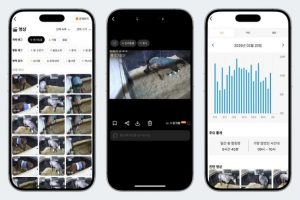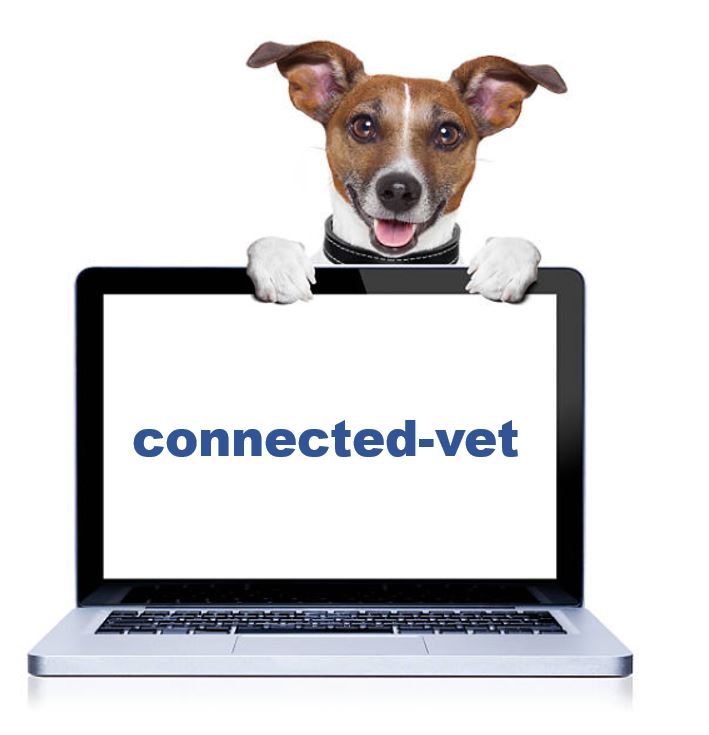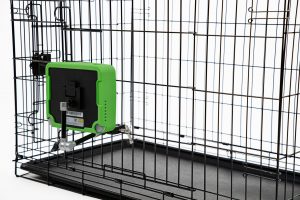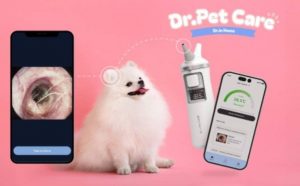Lifecare, which is developing a long-lasting glucose sensor with the size of a
grain of rice, is launching a new company called Lifecare Veterinary. Now man's
best friend will also benefit from the same innovation.
- Our main focus will still be the development of the sensor for people with
diabetes, increasing their quality of life. This is not, however,
counterproductive to helping our pets in parallel to the ordinary course of
development resulting from the ground-breaking sensor development we do for
humans.
New partnership
Joining the team is the Bergen based veterinary and entrepreneur Jo Amundstad,
who will become general manager of the newly established subsidiary Lifecare
Veterinary. He has built up local veterinary clinics as well as national
businesses such as VetScan under Anicura, and has also had a key posision in the
Anicura management. For over 20 years, he has driven development and innovation
within the veterinary profession. During the last six years, he has also built
up his own business, VetLabs.
During his many years in the veterinary profession, Jo Amundstad has observed an
unmet need for animals suffering from diabetes. He contacted Lifecare when he
recognized the potential for using Lifecare's sensor technology for animals. -
We love our pets, so why not help them using the same technology, I thought.
Animals also suffer from diabetes. The potential is great to also being able to
contribute to increased animal welfare, says Amundstad.
Lifecare's sensor-venture addresses a patient population of over 530 million
people with diabetes. The spin-off investment in giving animals the same health
benefit can provide enormous market potential for the company based in Bergen.
- The veterinary market has long been an interesting business area for Lifecare,
but we have deliberately focused on the main development of the sensor for
humans. We have now received repeated confirmation of its feasibility and most
recently through studies in human tissue. Our development is so advanced that we
can start thinking about commercialization to a much greater extent. The
combination is perfect now that we have the opportunity to take turns on such an
experienced and competent partner as Amundstad. It will then be a no-brainer for
us to continue with a more targeted commercial race towards the veterinary
market relatively quickly.
Lifecare's technology
A couple of weeks ago, Lifecare completed its first human clinical development
study. - We are fully focused on developing the microsensor for people suffering
from diabetes, but we have communicated over time that we see potential in other
markets. This also applies beyond the glucose segment.
- In short, Lifecare is developing an advanced miniaturized sensor, based on
nanotechnology and 3D printing. The sensor is the size of a grain of rice, which
will be implanted in the subcutaneous tissue at the wrist and continuously
communicate with a smart device. The wireless sensor should function as a
measuring instrument that shows users how the glucose level develops.
_________________________________________________________________________
Key numbers regarding pets affected by diabetes:
There is not as extensive research on pets and the prevalence of diabetes.
o Available figures indicate that every 7th per 1,000 cats and every 2nd per
1,000 dogs have the diagnosis. Research shows that diabetes typically occurs in
dogs between the ages of 4 and 14.
o Dogs most frequently develop type 1 diabetes and more rarely diabetes 2, which
usually is a milder variant.
o 90 million dogs, 120 million cats. 1 million dogs have diabetes (1.2%).
_________________________________________________________________________
Lifecare AS is a clinical stage medical sensor company developing technology for
sensing and monitoring of various body analytes. Lifecare's main focus is to
bring the next generation of Continuous Glucose Monitoring ("CGM") systems to
market. Lifecare enables osmotic pressure as sensing principle, combined with
the ability to manipulate Nano-granular Tunnelling Resistive sensors ("NTR") on
the sensor body for read-out of pressure variations. Lifecare´s sensor
technology is referred to as "Sencell" and is suitable for identifying and
monitoring the occurrence of a wide range of analytes and molecules in the human
body.






